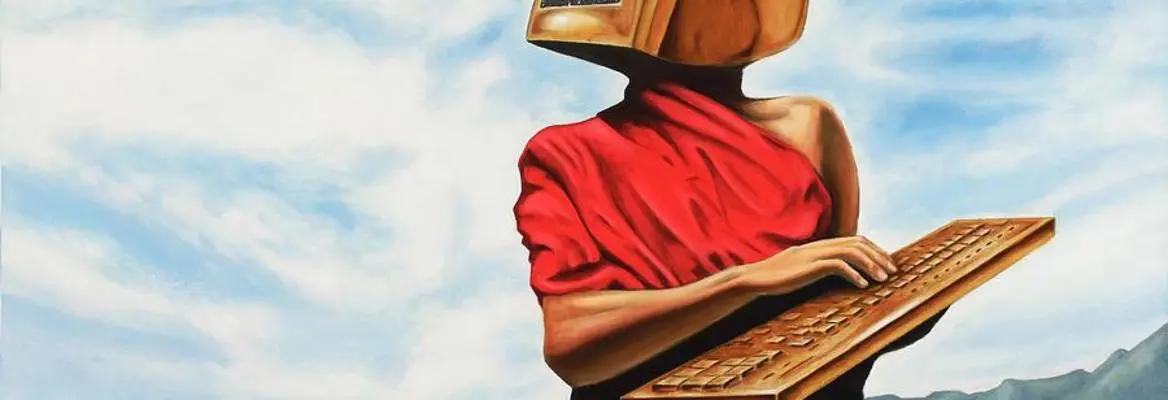One of the problems in teaching anthropology is the awareness that so many people come to study this discipline because of some romantic idyll of kinship, the village or community. These seem to be imagined as some kind of paradise lost, remaining only in these enclaves studied by anthropologists. This romantic otherness is largely used as a stick to beat ourselves with. All sorts of faults and deficiencies are assumed to exist in our own society as against these others.
One of the reasons I try to conduct research in areas as varied as London, Manila, village India or Trinidad is in order to contest such assumptions. We all live equally in the present. Peoples studied by anthropologists in tribes or villages are not some evolutionary remnant of our own past. Having said all that, sitting in this quiet rural hamlet in Trinidad, it is quite hard to entirely escape from this romance of community. I can just feel sentimentality creeping up my spine, softening my resolve, despite all my attempts to disown it. I blame the palm trees.
Alana seems the very embodiment of community. There is something about her that is warm and gentle and considerate. This sentiment naturally extends to her family who seem just as benign. They all seemed to embody an ethical sensibility of concern for others’ wellbeing, but never as a matter of abstract principle. Always with a touch of humour, and those allowances for slippage and spoilage that are realistic about the actual world and its foibles.
Alana lives in the kind of settlement which has become quite rare in contemporary Trinidad. Santa Ana is quite small. There are around twenty-five houses straddling a ridge in the foothills of the mountains that form a spine pointing north into the hills. These houses, with only two exceptions, represent the descendents of the same three or four core families. So by now pretty much everyone in the village is related to pretty much everyone else. When it comes to any kind of significant event, such as a wedding or a wake, then any remaining lack of relationship is ignored. For all intents and purposes this village is a family writ large. All of which makes this the kind of place one imagines to approximate that romantic idyll of community. And Santa Ana has that feeling of common identity, of solidarity and reciprocal concern. Working back downwards this is the solidarity and common care that seems to be channeled through Alana’s exemplary family and thence to Alana herself.
Alana was reluctant to come onto Facebook in the first place. But pressure from her younger cousins forced her to give in and once on, she loved it. She now has around two hundred Facebook friends of whom about forty are relatives. She has less than ten friends from outside of Trinidad. Alana fully acknowledges the problematic side to Facebook. As she puts it you might trust your ten friends, but then they trust their ten friends and a friend’s friend doesn’t have the same trust and commitment to you. So before you know it, things get circulated that shouldn’t. It’s not usually so bad or so common in her age group. Though even she finds herself often tagged in photos. Quite a few times she has moved swiftly to untag them. After all she has most of her family on Facebook as well. But then she also monitors what she does in public, because she knows this could happen.
___
"Peoples studied by anthropologists in tribes or villages are not some evolutionary remnant of our own past"
___















Join the conversation